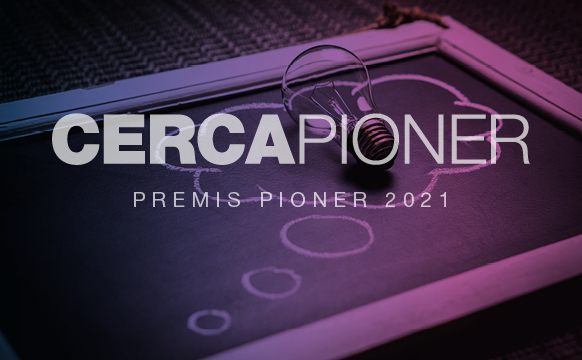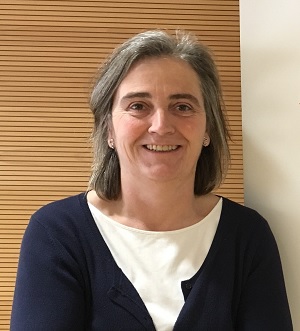It brings together the 59 research groups that have been awarded the TECNIO seal by ACCIÓ, which includes the Catalan universities, the CERCA Institute and the Spanish National Research Council (CSIC)
The Catalan Minister for Business and Labour, Roger Torrent i Ramió, and the Catalan Minister for Research and Universities, Gemma Geis, took part in the presentation of the initiative on Monday afternoon
All the Catalan universities, the CERCA Institute and the CSIC have formed a new association, presented on Monday, to promote technology transfer and links with the business world through their research groups and centres with the TECNIO seal. The initiative is supported by the Generalitat de Catalunya through the Ministry of Business and Labour’s agency for business competitiveness, ACCIÓ.
The new “TECNIO Association” is made up of the 59 research groups that currently hold the TECNIO accreditation granted by ACCIÓ, a seal that identifies technology developers in Catalonia to facilitate connections with companies. The new association will receive 300,000 euros in funding from ACCIÓ over the next three years to strengthen the market vision of these agents and bring them closer to companies.
The aim of the new body is to bring together and raise the visibility of activity by research groups with the TECNIO seal, to foster collaboration between them and promote them as an instrument for connecting to businesses and government agencies. The Universitat Autònoma de Barcelona, the University of Barcelona, the University of Girona, University of Lleida, Universitat Politècnica de Catalunya-BarcelonaTech, Pompeu Fabra University, Ramon Llull University, Rovira i Virgili University, the University of Vic–Central University of Catalonia, the CERCA Institute and the Spanish National Research Council (CSIC) are part of the project with the aim of accelerating knowledge transfer from research laboratories to society.
The presentation ceremony for the new association, which took place on Monday afternoon at the Universitat Autònoma de Barcelona (UAB), was attended by the Catalan Minister for Business and Labour, Roger Torrent i Ramió, the Catalan Minister for Research and Universities, Gemma Geis, the Director General for Industry and CEO of ACCIÓ, Natàlia Mas, the Director General for Innovation and Entrepreneurship, Lluís Juncà, the director of the UAB, Javier Lafuente, and the president of the TECNIO Association, Nora Ventosa
During his speech, Torrent stressed that this partnership “will allow us to take a further step in building partnerships between companies and research agents in Catalonia to ensure that knowledge generated in universities is transferred to the productive sector. This translates into incorporating more differential technology in companies, more business R&D and, in short, more competitiveness and impact on the market,” he stressed.
For her part, the Catalan Minister for Research and Universities explained that “Catalonia’s major challenge is to improve its capacity for innovation so that this becomes one of the main driving forces of the economy. We must put talent at the service of the country’s transformation, in order to develop a more innovative business fabric that raises competitiveness, and the centres with the TECNIO seal of quality are a good model to follow.”
The TECNIO centres
The 59 groups with the TECNIO seal are technology developers recognised by the Agency for Management of University and Research Grants (AGUAR) that conduct applied research in differential technologies and have the capacity to transfer it to the market through R&D projects with companies, patent licences and the creation of technology-based start-ups. These research groups specialise in different areas, mostly from within Catalan universities. They are distributed throughout the country and are active with both SMEs and large companies in Catalonia and Europe.
This accreditation, which began in 1999 with the launch of the Xarxa IT and is periodically renewed, identifies the most qualified research groups with experience in business projects to provide easier access to them for companies and thus boost technology transfer in Catalonia. For example, between 2016 and 2019, the accredited centres obtained 300 million euros in total income and 90 million euros in RDI contracts from companies. In addition, 61 patents emerged from their applied research which were transferred to companies and 17 spin-offs were created.
Among other actions to boost the market impact of these research groups, since 2018 ACCIÓ has allocated more than 8 million euros to the INNOTEC line, targeting R&D projects developed jointly between companies and TECNIO research or university groups in areas such as ICT, biotechnology, photonics, manufacturing, new materials and nanotechnology, among others.
Link to press release






